Imagine a delicious, affordable, healthy meal. Food that appeared on your plate without causing any major suffering among humans, animals or the environment. Imagine that the people who grew and prepared the food lived dignified, safe lives because they are well-compensated for their labor. Can you imagine it? Because you’ve probably never had such a meal, or if you have, only rarely. In this talk from the 2022 Aspen Ideas Festival, Mark Bittman provides an honest view of the current food system and a vision of the better system that could take its place.
Good food should be healthy and accessible, and its production should generate well-paid jobs and be easy on the environment.
Four basic components should define good food. First, farming good food means treating the land well, in a way that respects the lives of other species. Second, good food should generate well-compensated jobs with regular hours and benefits. Third, food should be nutritious and good for human health. Fourth, good food should be accessible to all people.
In the US food system, 60% of the calories currently produced are made into low-nutrition, ultra-processed junk food. Incentives prompt farmers to grow corn and soybeans, using farming methods that destroy soil, water and air. People working food-related jobs are poorly compensated and often badly treated, whether they’re wait staff, farmers or slaughter-house employees. Finally, pricing means that healthy food is mostly only accessible to the wealthy.
The US food system wasn’t designed to provide nutrition for a healthy populace. It was designed to make money and help America become a world power.
In the 1850s or...
Mark Bittman is an author and food journalist. He wrote “The Minimalist” column for The New York Times for 13 years, and is currently a fellow at the Union of Concerned Scientists. He’s the author of 30 books, including The Best Recipes in the World, The Minimalist Cooks at Home, and his latest, Animal, Vegetable, Junk: A History of Food, from Sustainable to Suicidal.













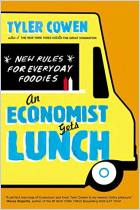
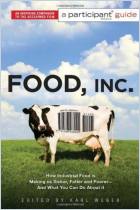
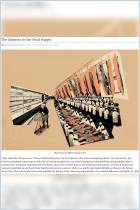
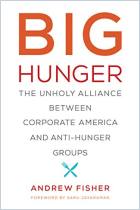
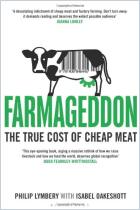
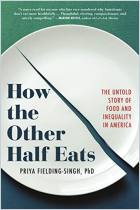









Comment on this summary or Iniciar a Discussão